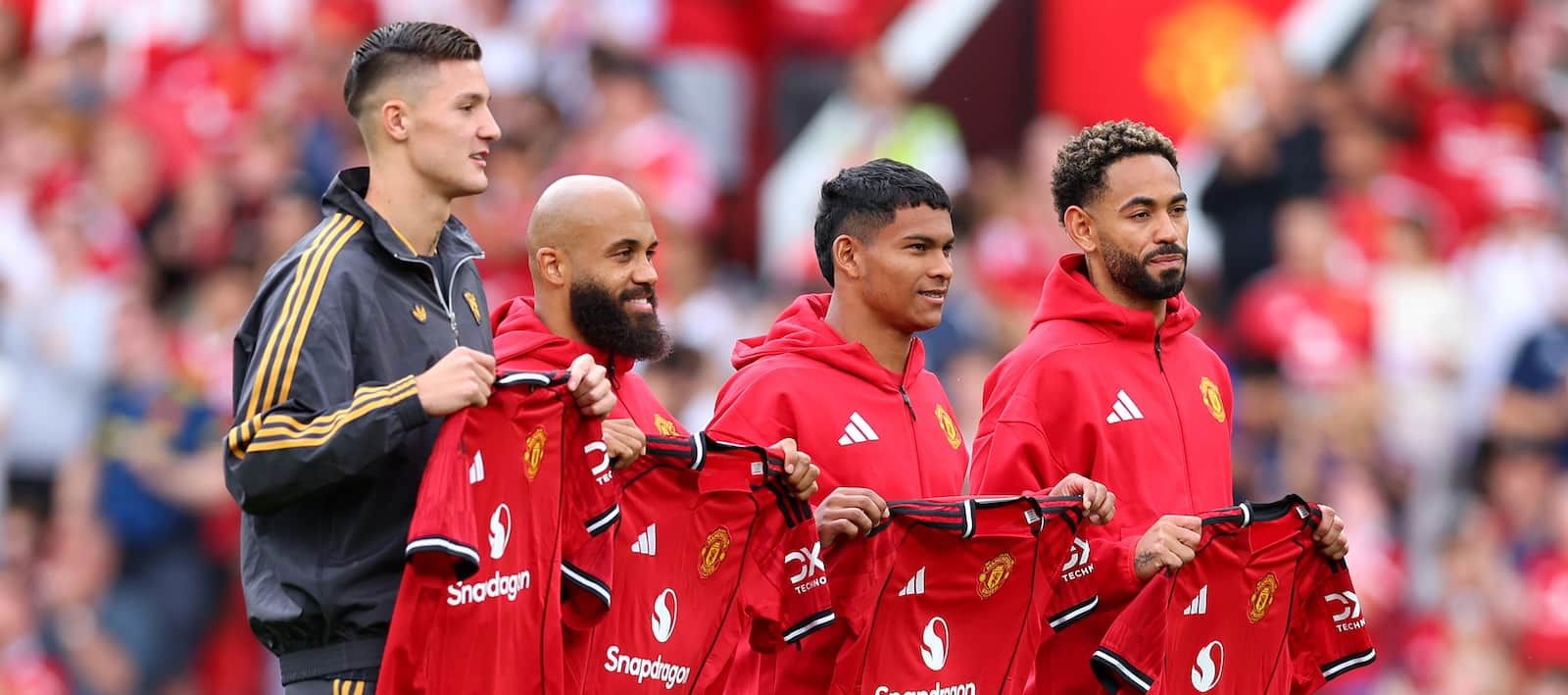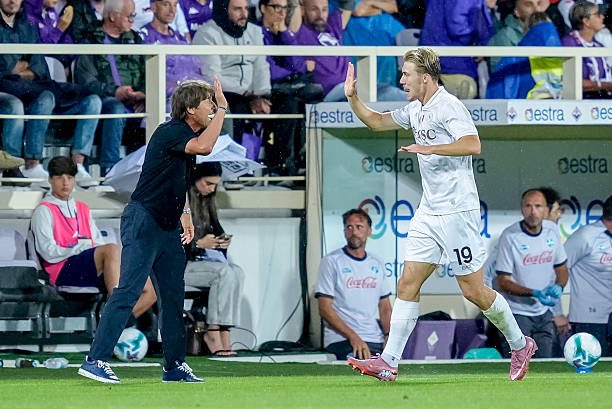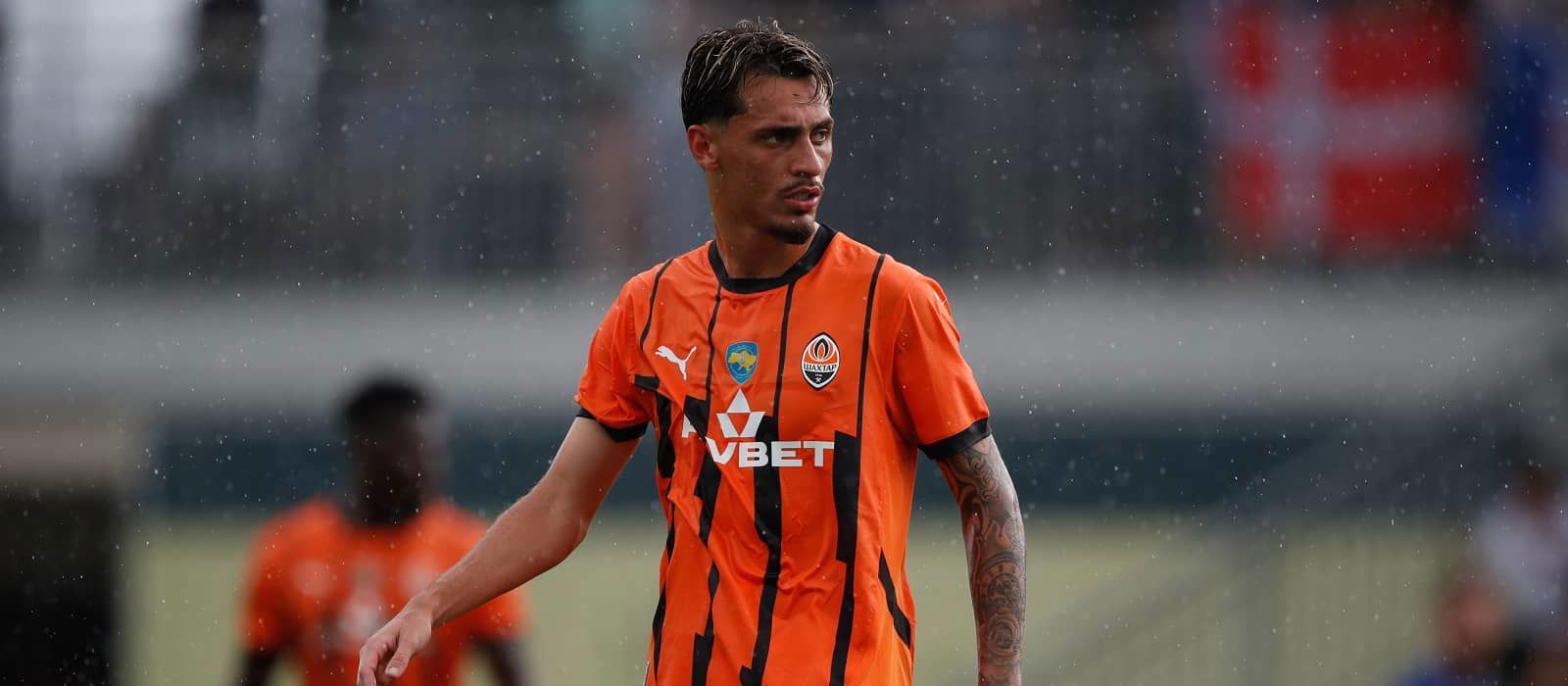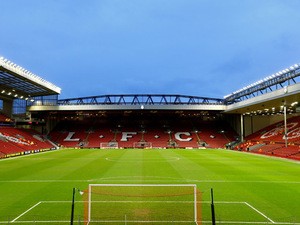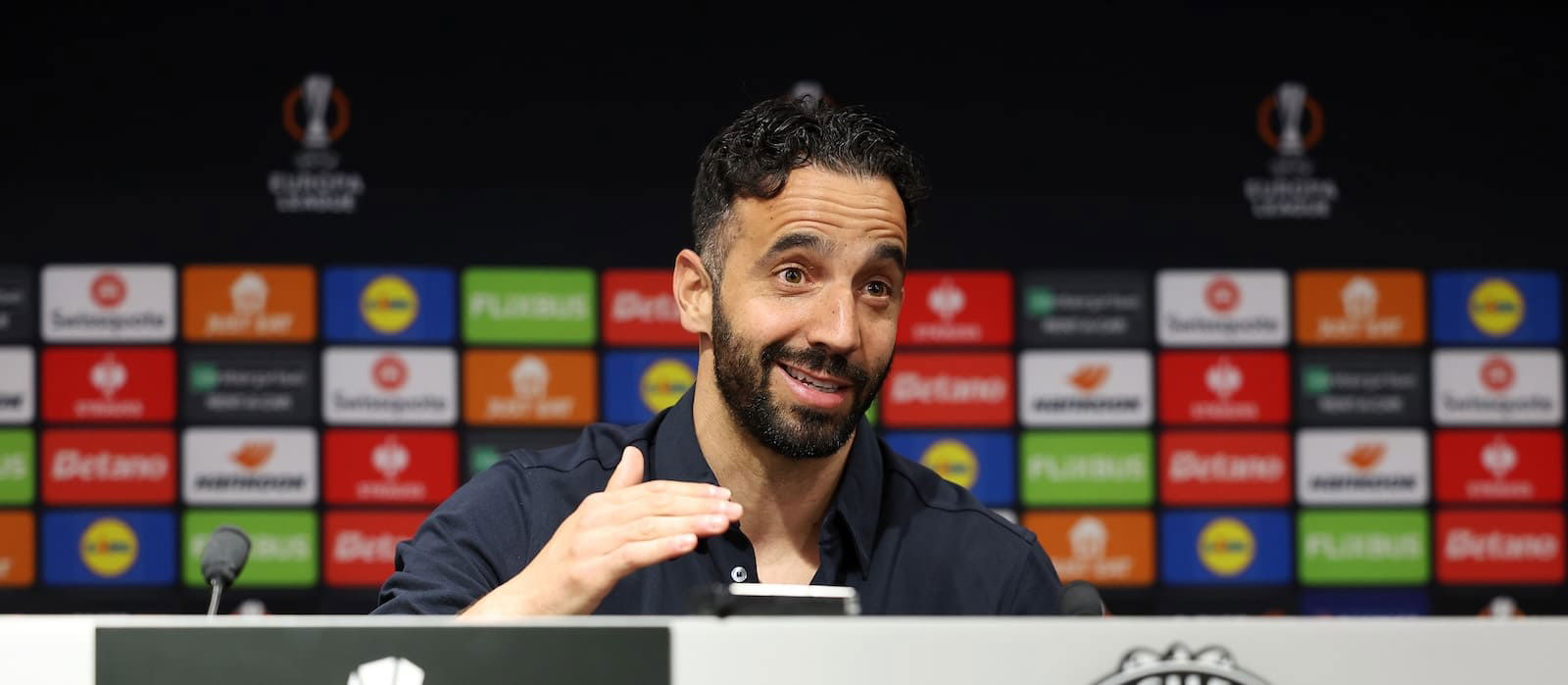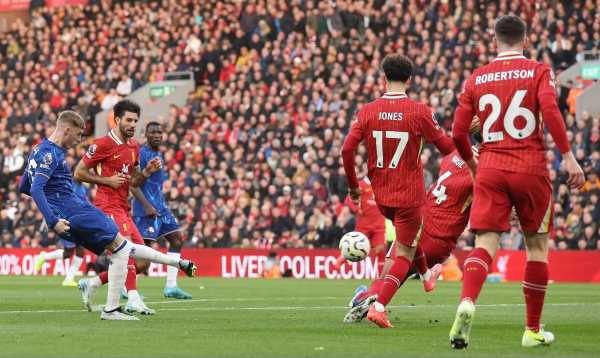[ad_1]
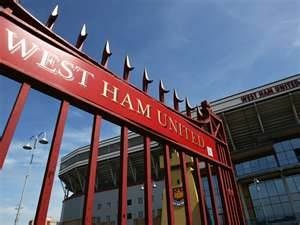
West Ham United are reportedly eyeing an ambitious move for Brazilian wonderkid Endrick, as the 19-year-old struggles for regular minutes at Real Madrid.
According to a report from Fichajes, the Hammers are ready to offer Endrick a loan escape route this January, hoping to bring one of football’s most exciting young forwards to the Premier League.
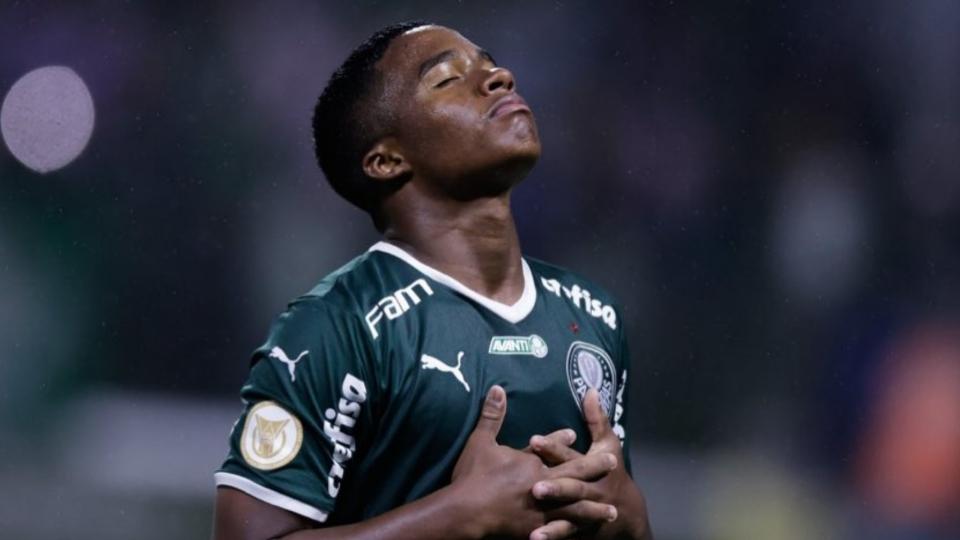
Endrick Needs Game Time to Shine
Despite his immense potential, Endrick has found first-team opportunities limited at the Santiago Bernabéu. Competing with global stars like Vinícius Jr. and Rodrygo has left him sidelined more often than not. For a player of his talent, consistent game time is crucial — and West Ham could provide exactly that.
A loan stint in England’s top flight would expose the young Brazilian to a high-intensity environment, helping him develop both physically and mentally. The Premier League experience could prove invaluable, allowing him to return to Madrid next season as a more complete player.
Why West Ham Need Endrick
West Ham have endured a stuttering start to the campaign and are desperate for attacking reinforcements. Endrick’s versatility — capable of playing across the front line — makes him a perfect fit for David Moyes’ side. His flair, pace, and finishing could inject much-needed creativity and energy into the Hammers’ attack.
With Valencia and Real Sociedad also keen, West Ham must move swiftly to secure his signature. Landing Endrick would not only bolster their squad but also signal their intent to climb the Premier League table after battling inconsistency in recent seasons.
For Real Madrid, a loan move could be a win-win — allowing their young star to gain valuable experience without losing him permanently. For West Ham, it could be a transformative signing that reignites their European ambitions.
[ad_2]
Source link

